Research and resources on social cohesion theory and best practice.
The Belong Network Library
Research and resources on social cohesion theory and best practice.
Research and resources on social cohesion theory and best practice.
Research and resources on social cohesion theory and best practice.
The Belong Library is free to access and brings together a wide range of online resources produced by the public, private and civil society sectors to build the evidence base around social cohesion.
It is regularly updated and includes:
Please contact us if you are unable to find what you need – we’d be delighted to help.

This paper explores the shared learning and best practice examples from eight organisations that delivered projects focused on increasing social cohesion during the pandemic.
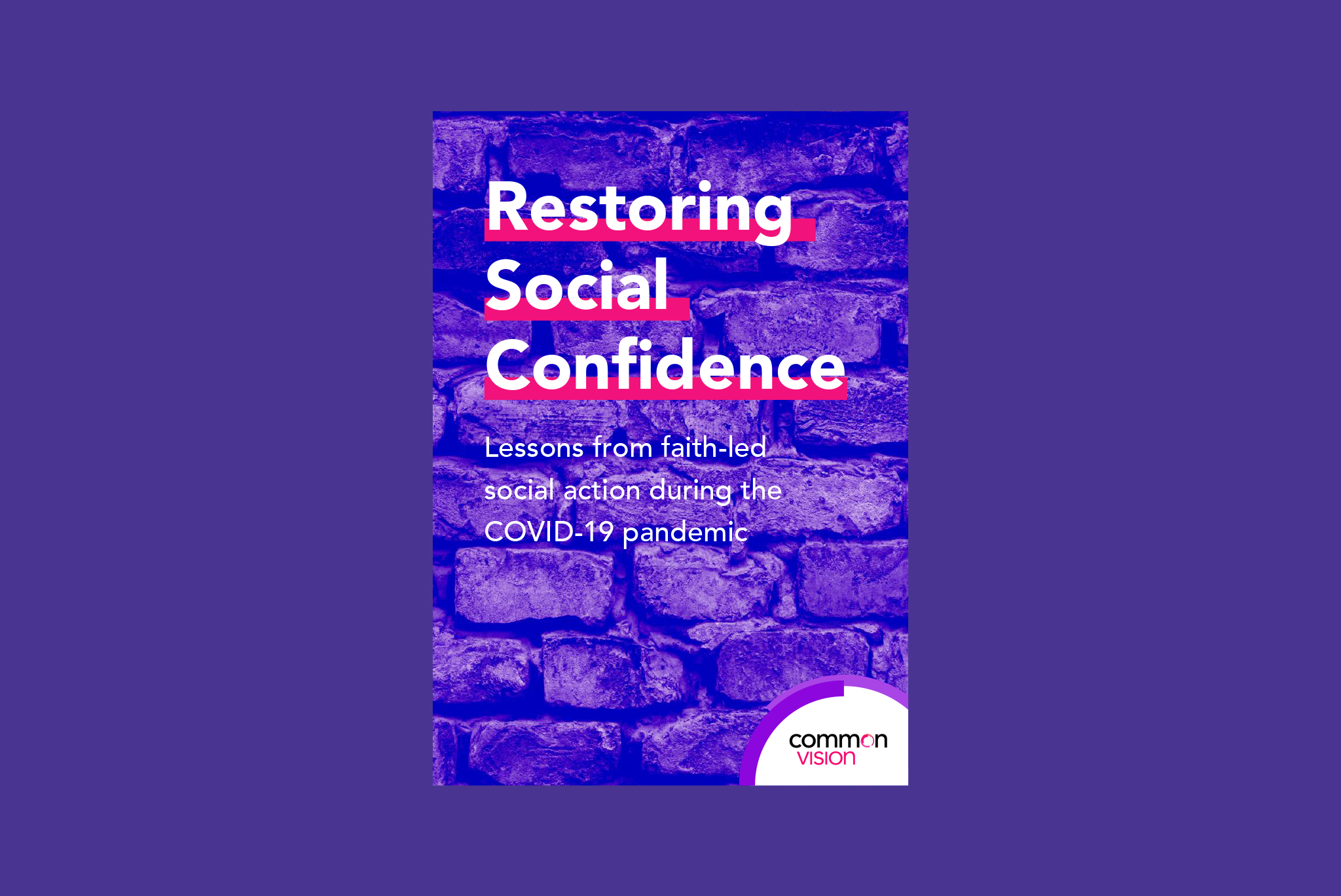
This report based on Near Neighbours work with faith groups and community organisations during the lockdown captures the sadly familiar stories of grief, hunger, isolation, exclusion and domestic violence, but also shines a light on the distinctive contribution of faith-based social action during this time.
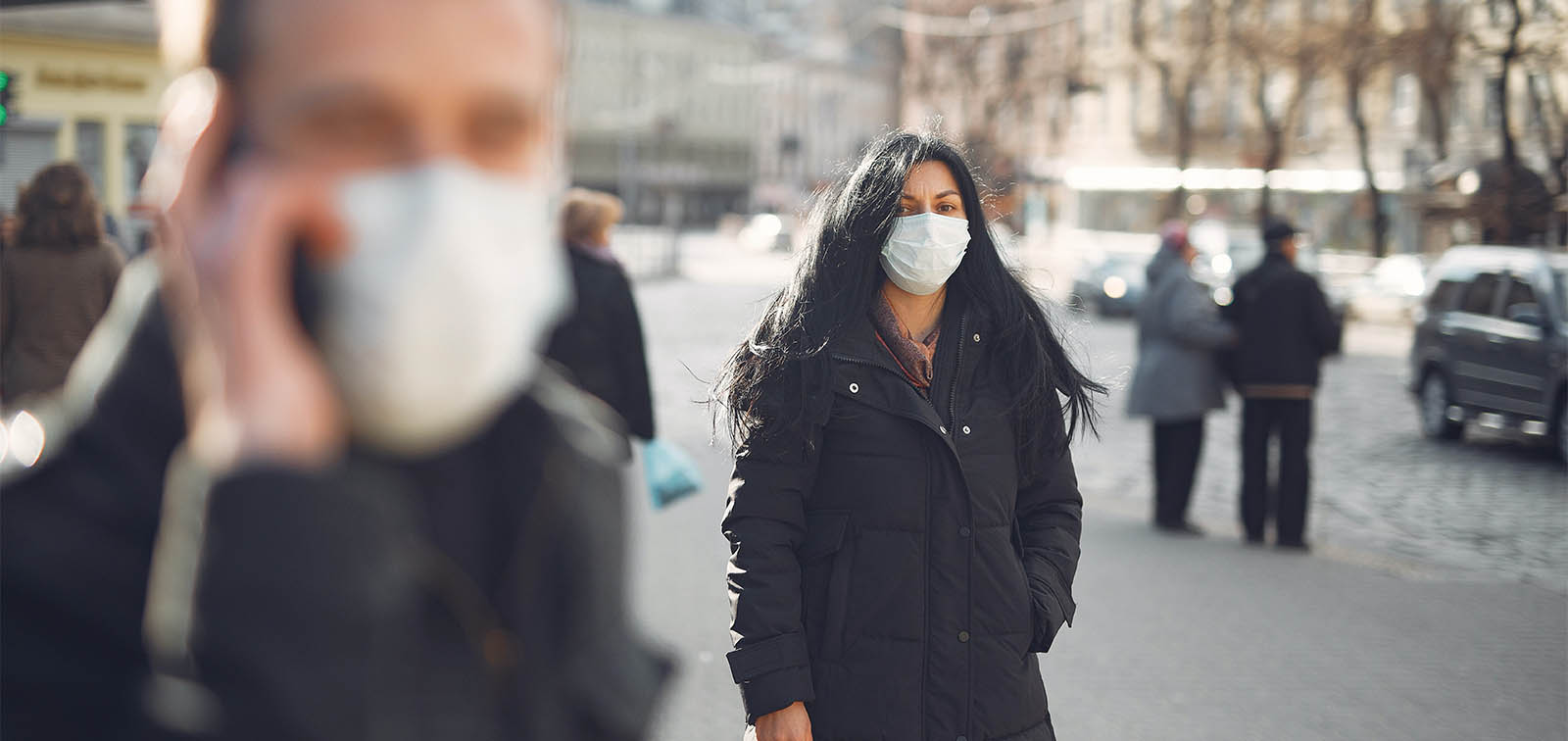
Community, Connection and Cohesion During Covid-19: Beyond Us and Them Report is the latest report in our Beyond Us and Them project looking at the effects of Covid-19 on social cohesion.
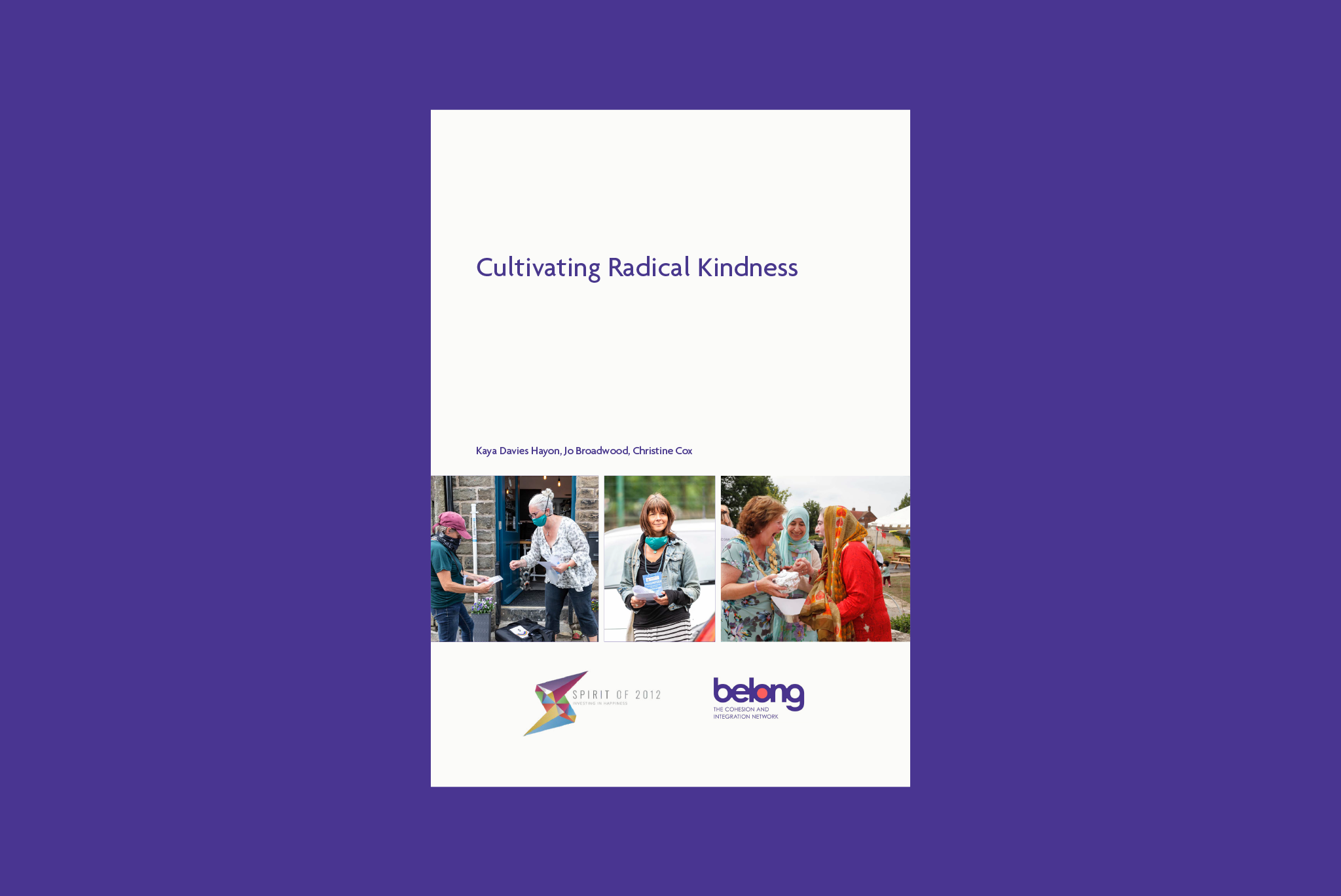
Over the past nine months, Belong has collected countless examples of radical kindness from our conversations with people from across the country. This paper presents what we have learnt. It illustrates the power of radical kindness for reshaping community relations and challenging narratives of fear and division, especially in times of crisis.
Explore a range of materials that celebrate Radical Kindness.
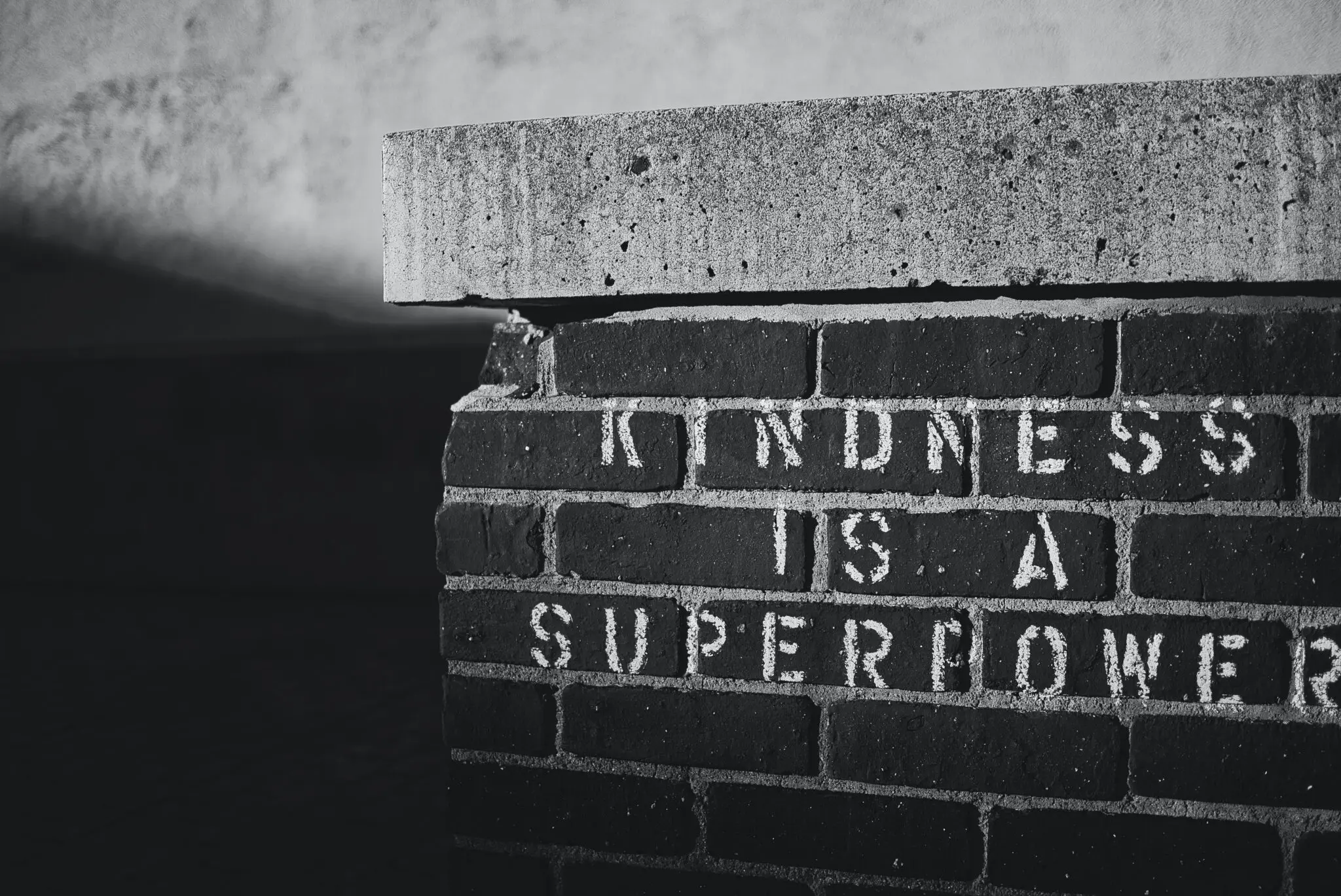
A range of tools and resources are available to allow you to engage with Radical Kindness Week 2021.

An examination of how accepting the British public is toward COVID-19 vaccine passports, and why?
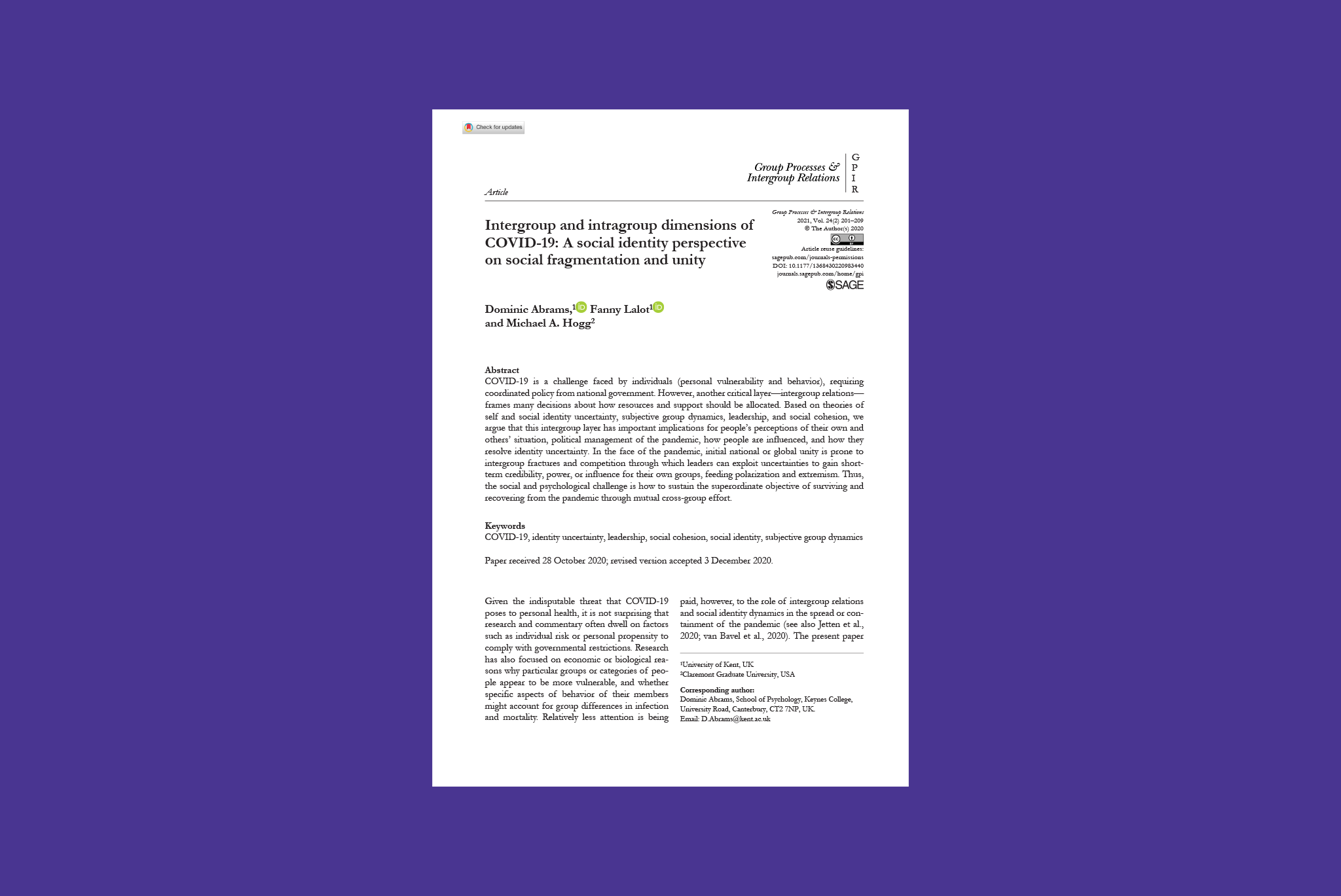
COVID-19 is a challenge faced by individuals (personal vulnerability and behavior), requiring coordinated policy from national government. However, another critical layer—intergroup relations—frames many decisions about how resources and support should be allocated. Based on theories of self and social identity uncertainty, subjective group dynamics, leadership, and social cohesion, this study argues that this intergroup layer has important implications for people’s perceptions of their own and others’ situation, political management of the pandemic, how people are influenced, and how they resolve identity uncertainty.

The data featured in this article is part of a large‐scale research project designed to track social cohesion in the United Kingdom during COVID‐19. The research, conducted in partnership by the University of Kent and the charity Belong – The Cohesion and Integration Network, conducted surveys distributed online to respondents from different parts of Great Britain.
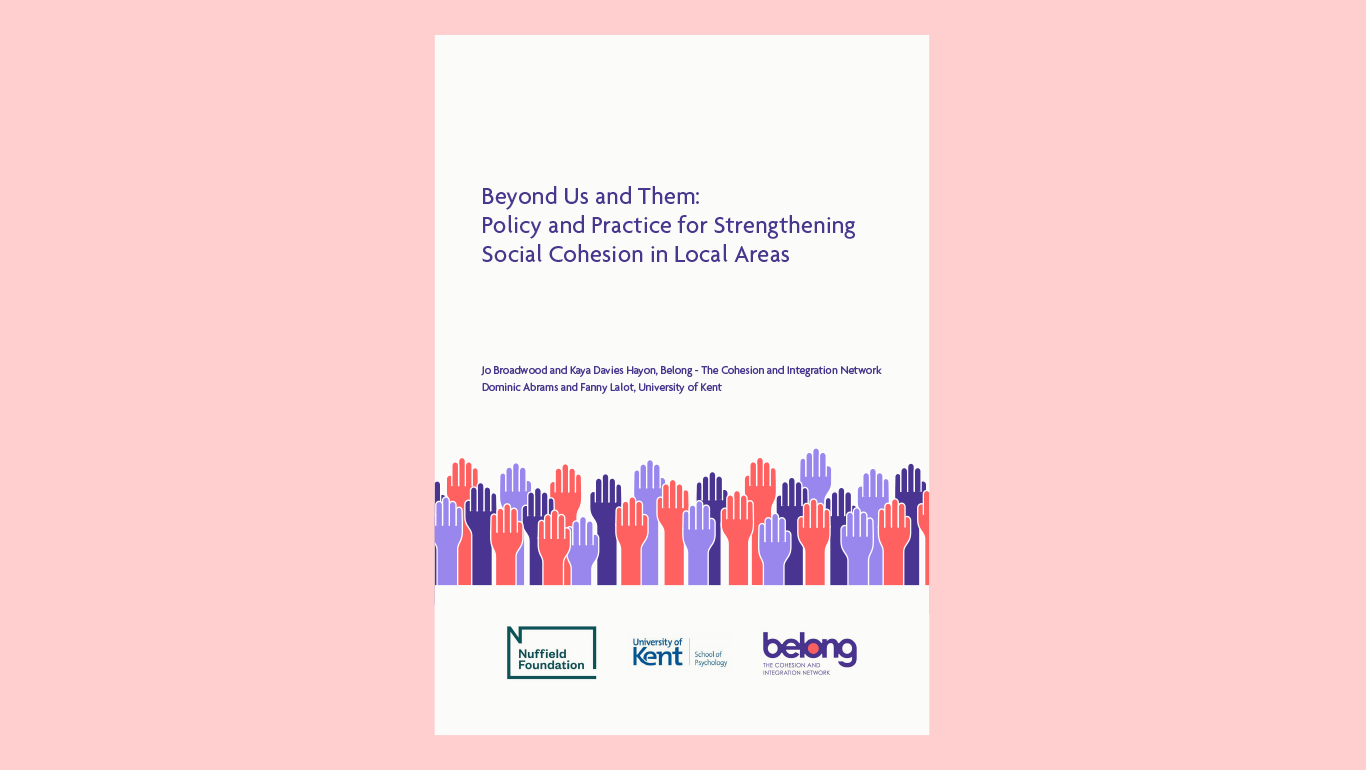
Beyond Us and Them: Policy and Practice for Strengthening Social Cohesion in Local Areas, is a companion piece to the report, Community, Connection and Cohesion during COVID-19: Beyond Us and Them Report released on Tuesday 23rd February.